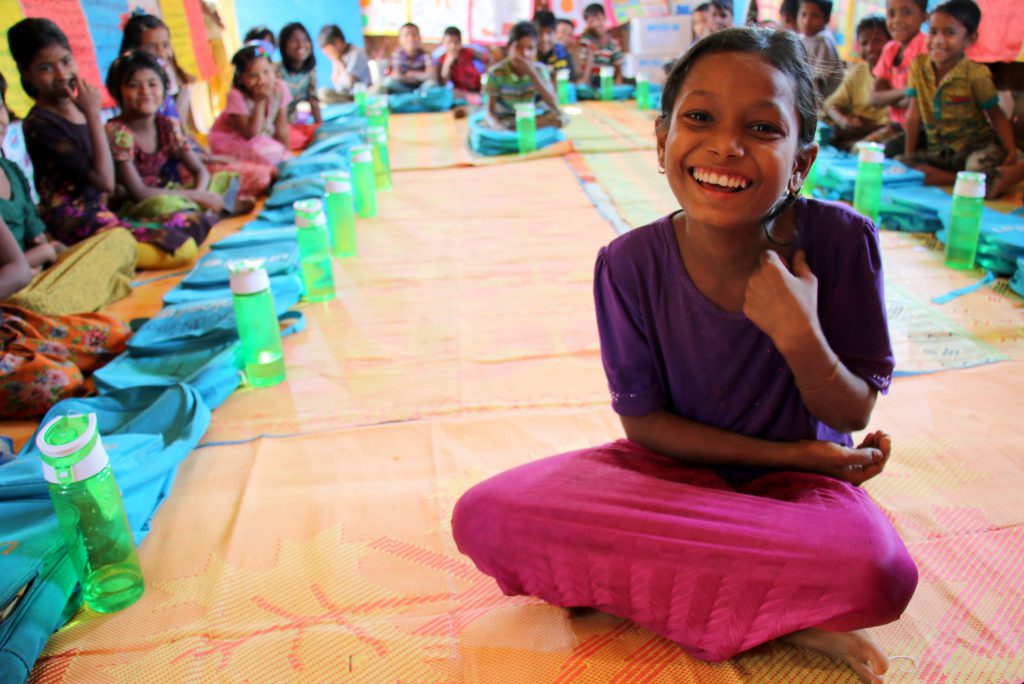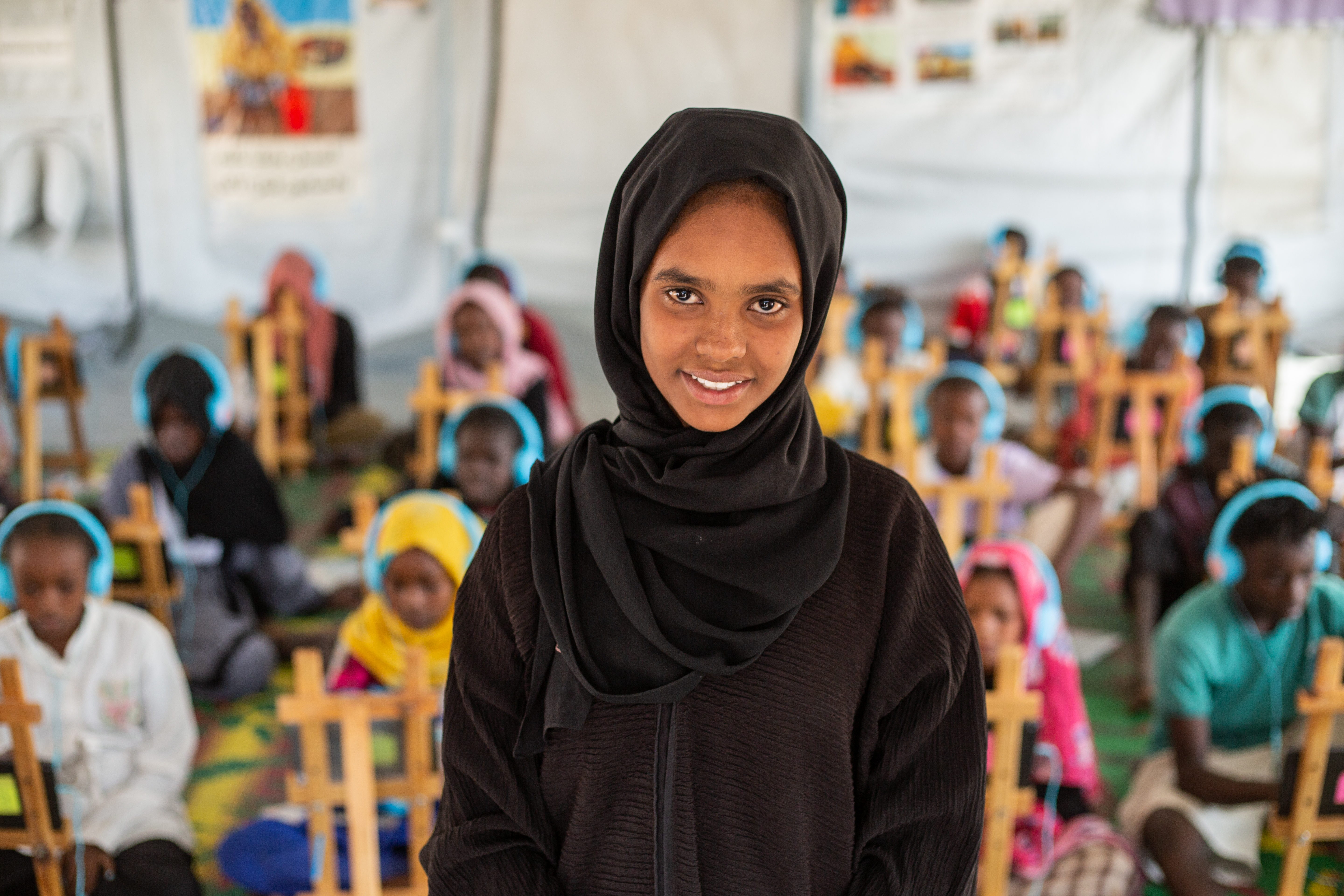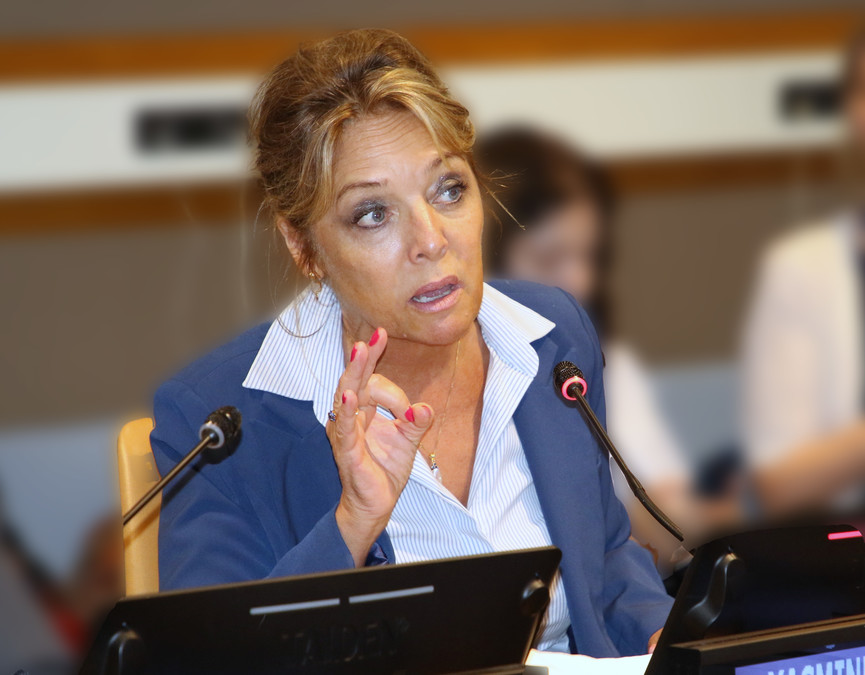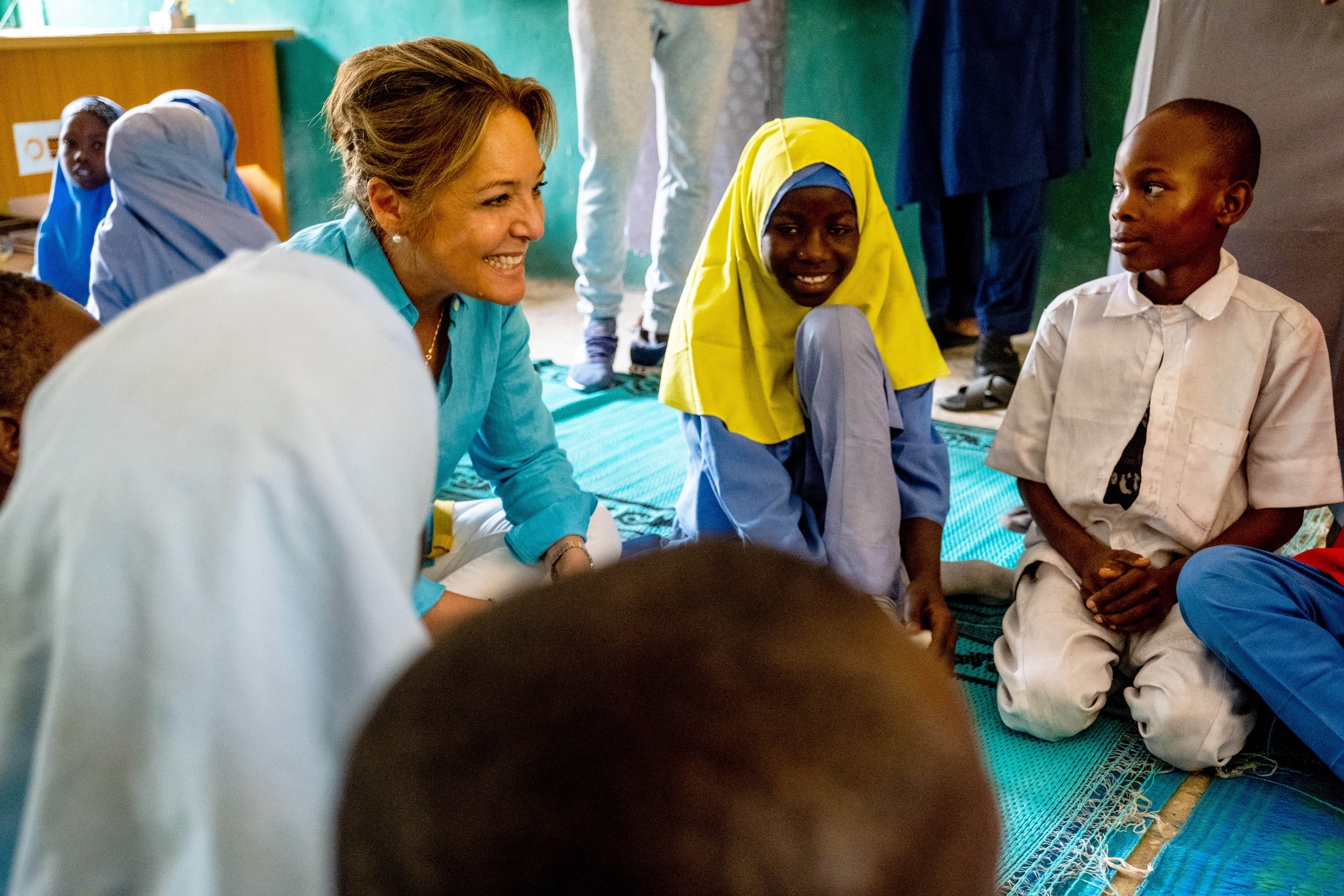Education in Crisis: An Inherent Human Right

WE NEED TO STEP UP GLOBAL SUPPORT TO FILL THE US$8.5 FUNDING GAP FOR EDUCATION IN CRISIS
By Yasmine Sherif
There is a US$8.5 billion funding gap for education in crisis that has left some 75 million children in some of the harshest living conditions on the planet without access to safe, reliable education. That’s more than the total population of Canada, Denmark and the Netherlands combined.
As we mark the first International Day of Education, the global community has a responsibility to invest in the inherent right of these children and youth.
Failing to do so will derail our efforts to end hunger and poverty by 2030, and build a more peaceful, more humane and more constructive world.
It may not be easy, but it is possible. By breaking down barriers, connecting coalitions of the willing, investing adequate financial resources, and making a value proposition that underscores the outstanding return on investment that education funding brings – especially in crisis contexts – we can reach our goals.
The socio-economic value of education in crisis
The persistent absence of timely responses to deliver quality education in crisis settings exposes children and youth to risks of psychological trauma, gender-based violence, child trafficking, forced recruitment in armed groups, early marriage and pregnancy.
Education is the best investment we can make to save their lives and end the cycles of poverty, hunger, inequality, violence, instability and unspeakable human suffering they live with every day.
Girls are even more at risk. An estimated 39 million girls living in crisis lack consistent access to education. To make it even worse, girls in crisis are two and a half times more likely to be out of school than boys, and we need to take affirmative actions to ensure these girls are not left behind.
This is where our value proposition comes in. The economic returns for investing in education in emergencies and protracted crisis are significant.
According to the International Commission on Financing Global Education Opportunity, for each dollar invested in education, more than US$5 is returned in additional gross earnings in low-income countries and US$2.50 in lower middle-income countries.
The World Bank estimates that if every girl worldwide were to receive 12 years of quality schooling, irrespective of whether there’s a crisis or not, the human capital wealth represented by their lifetime earnings could increase by $15 trillion to $30 trillion.
Translating moral values into action
If we deconstruct these numbers, we can fill this gap by mobilizing just US$113 per year per child.
Less bureaucracy and more accountability, and placing people above process, are essential. It requires speed to be responsive and depth to be inclusive and sustainable.
An illustrative example is the Rohingya refugee crisis in Bangladesh. With the support of donors and implementing partners on the ground, Education Cannot Wait allocated US$3 million to support a 12-month educational emergency response.
Last year, the Fund announced an additional US$12 million allocation for a multi-year program that builds upon the short-term emergency response to ensure continuity, quality and sustainability. By connecting national co-finance, other donor contributions, this seed funding will be leveraged to reach the US$60 million needed. In doing so, it brings together partners to align efforts towards collective learning outcomes.
No single stakeholder has the capacity to meet the full scope of needs to ensure we achieve education for all girls and boys in crisis settings by 2030. Collaboration is key.
Missing this mark has potentially catastrophic impacts on our world’s economic and social future, and, eventually, on our sense of moral responsibility. Nelson Mandela once said: “To deny people their human rights means denying their humanity.” Education is an inherent human right and the 75 million children and youth in crisis are a test of our true values and sense of humanity.
About the Author
Yasmine Sherif is the Director of Education Cannot Wait. A lawyer specialized in International Humanitarian Law and Human Rights Law, she has 30 years of experience with the United Nations (UNHCR, UNDP, OCHA) and international NGOs. Follow Yasmine on twitter. Education Cannot Wait, a new multilateral global fund hosted by UNICEF, was set up with the special mandate to address the funding gap for education in crisis. By 2021, the Fund aims to mobilize an additional US$1.8 billion in finance to reach approximately 8.9 million children.
Video
Tweets
Additional Statements and Updates




